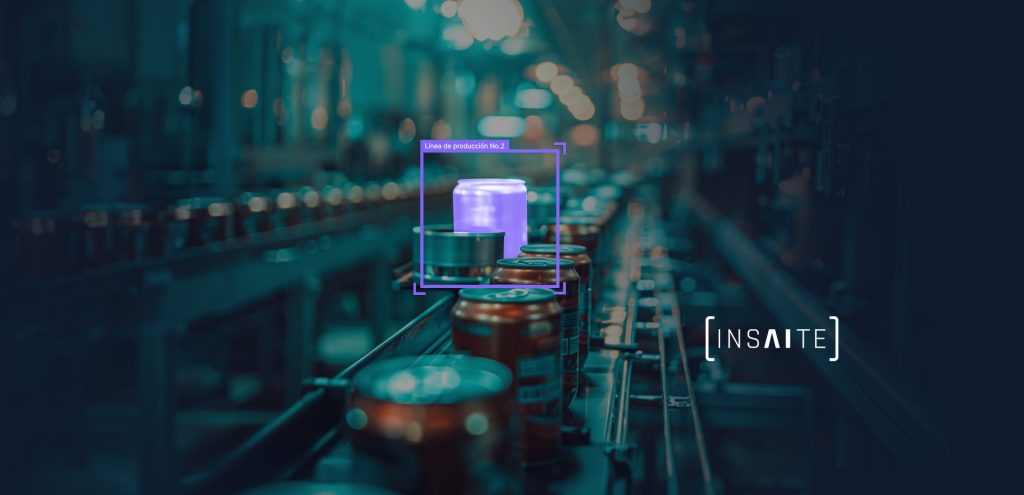Artificial Intelligence is becoming a cornerstone technology, streamlining everyday life across various sectors. The widespread anticipation is that the AI revolution in the private sector will significantly impact government operations. Several initiatives promoted by tech companies are already being implemented in various countries.
In this article, we delve into why governments should seriously consider integrating AI systems and how they could be applied.
Why Include AI Systems in Government?
Incorporating AI systems into government functions is not just desirable but imperative in today’s digital era. Let’s explore in detail the key benefits offered by this integration:
Data Structuring and Analysis:
AI’s capability to process vast amounts of data is an invaluable asset for modern governments. By analyzing data on citizens, ranging from demographic information to behavioral patterns, AI can provide deep insights into societal needs and challenges.
This not only enables more informed decision-making but also holds the potential to reduce inequality of opportunities and technological disparities. By identifying areas of need and allocating resources more effectively, AI can significantly enhance citizens’ quality of life.
Moreover, AI’s data analysis capability drives innovation in the creation of government applications and services.
From designing more efficient social assistance programs to optimizing public transportation systems, AI can inspire creative and adaptive solutions to address evolving societal needs.
Technological Outreach to Citizens: Digital education is foundational in the AI era. Empowering citizens to understand and effectively utilize available technological tools is essential for ensuring equitable participation in the digital society.
Governments can play a crucial role in this process by offering accessible and effective digital education programs.
Furthermore, regulation of AI usage is essential to protect citizens’ rights and privacy. By integrating AI into governance, opportunities arise for more effective regulation and the implementation of ethical and secure standards.
This not only fosters trust in technology but also safeguards citizens against potential algorithmic abuses or discrimination.
In summary, the inclusion of AI systems in government offers a wide range of benefits, from more informed and efficient decision-making to increased citizen participation and protection of individual rights.
It is crucial to harness AI’s potential ethically and responsibly to build a more inclusive and equitable digital society.
Issues Addressed with Artificial Intelligence
In addition to enhancing interaction between citizens and government, AI can address a variety of issues, including challenges in urban development and complex socio-economic problems. To tackle these issues and improve citizens’ quality of life, governments must implement efficient and sustainable solutions in the medium and long term. These solutions can be summarized in three key points:
Detection: Artificial vision, an AI tool, can be used to monitor various scenarios such as traffic, aiming to improve transportation public service efficiency and streamline traffic flow through complex sensor-incorporated systems.
Data Analysis: Through deep learning systems, autonomous approaches, and other methodologies, along with natural language processing, it’s possible to analyze vast amounts of data to bridge technological gaps and design tools and services based on collected information.
Automation: Automation can expedite citizen services, enhancing the experience in government services and streamlining processes and procedures.
It’s essential to consider the ethical and responsible use of AI, which involves ensuring trust in the technology and mitigating risks at every stage of implementation. This includes safeguarding citizens’ privacy and preventing biases in algorithms that could undermine trust in the government.
Benefits of Having an Intelligent Supply Chain
The adoption of an intelligent supply chain entails a series of significant advantages for companies that decide to implement it. These benefits stem from the integration of advanced technologies and process automation, improving efficiency, visibility, and responsiveness throughout the value chain. Some main benefits include:
- Greater operational efficiency: The implementation of technologies such as artificial intelligence, data analysis, and process automation allows optimizing operations at all stages of the supply chain. This results in cost reduction, shorter delivery times, and more efficient use of resources.
- Improved visibility and traceability: With an intelligent supply chain, companies can have a complete and real-time view of all operations and activities, from the acquisition of raw materials to final delivery to the customer. This facilitates the identification and rapid resolution of problems, as well as a greater capacity to comply with traceability and regulatory requirements.
- Enhanced prediction and planning capabilities: Thanks to advanced data analysis and the predictive capability of the intelligent supply chain, companies can anticipate market demand, foresee potential issues, and make informed decisions to optimize production planning and inventory management.
- Increased agility and adaptability: The intelligent supply chain is scalable and flexible, allowing companies to quickly adapt to changes in demand and market conditions. This enables them to respond agilely to unforeseen situations and seize new business opportunities.
- Improved collaboration and integration: By digitizing and automating processes, the intelligent supply chain facilitates collaboration and integration among all actors involved in the value chain, including suppliers, manufacturers, distributors, and customers. This promotes smoother communication, more efficient coordination, and more collaborative decision-making.
In conclusion, the implementation of an intelligent supply chain offers a series of benefits that go beyond simply optimizing logistics processes. It allows companies to improve their competitiveness, increase their adaptability, and respond more efficiently to market demands in the digital age.




